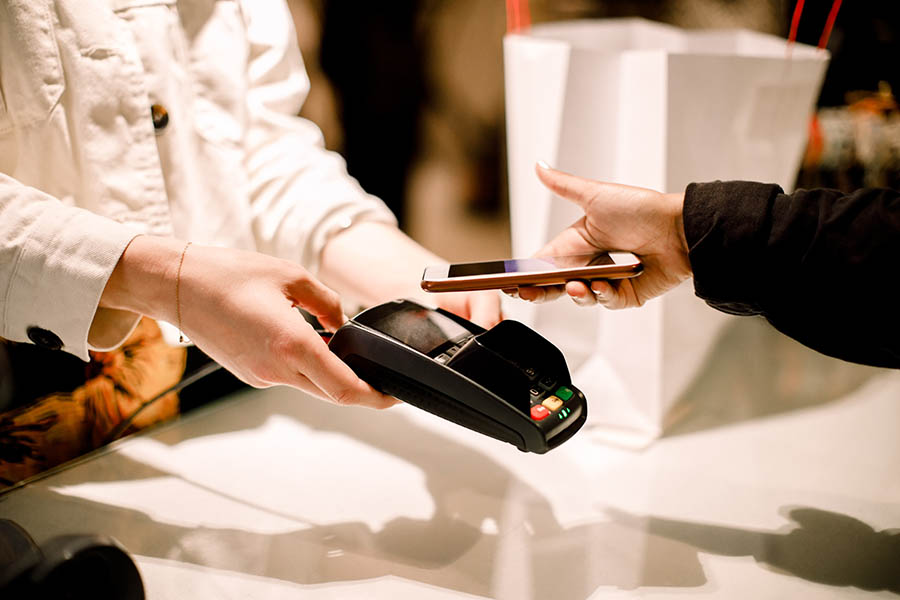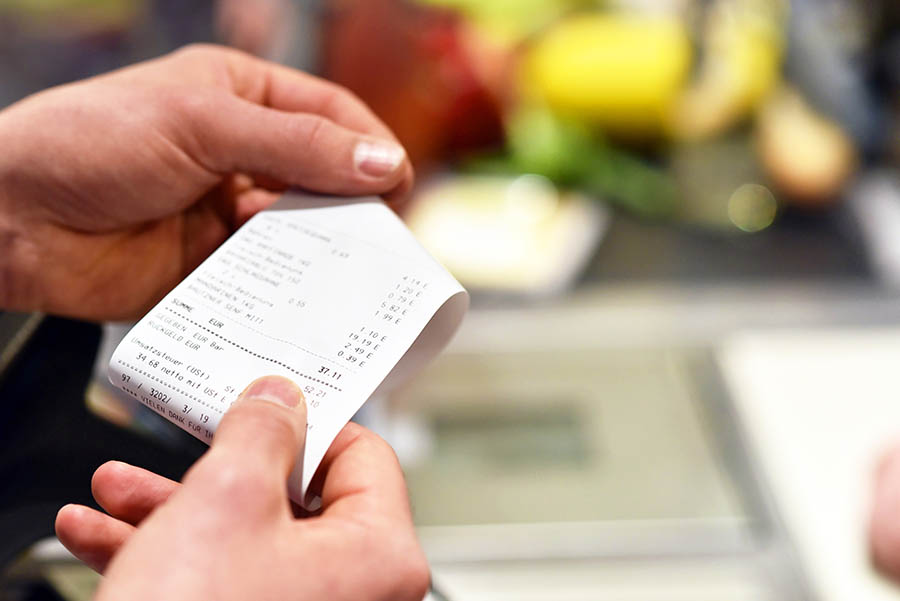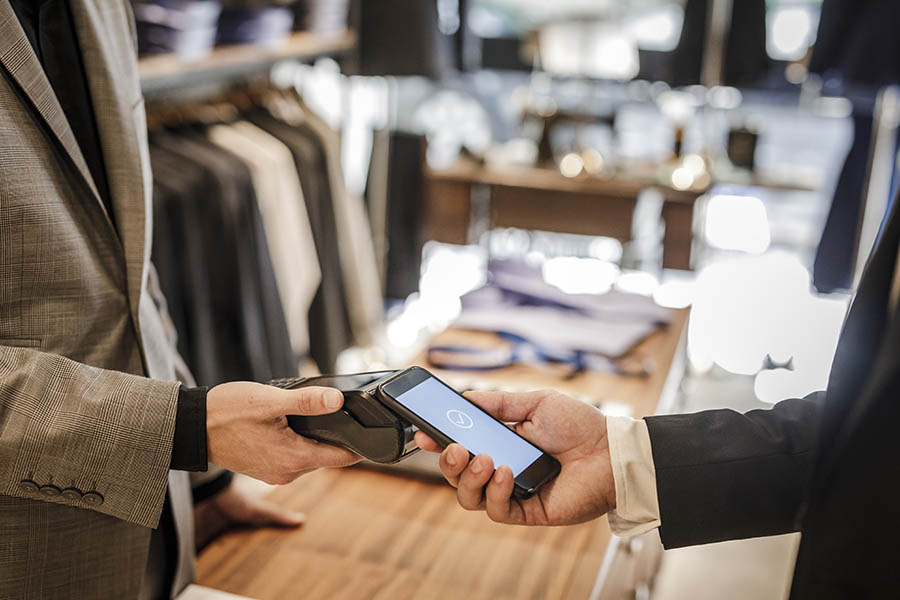
Europe
Europe's tipping customs are as diverse as its cultural heritage. In most European countries, tipping is considered optional, as a service charge is often included in the bill. However, there are exceptions. For instance, in the United Kingdom, service charges are often added, but it's still customary to leave a 10-15% tip in restaurants for excellent service.In countries like France and Italy, a service charge is generally included, and additional tipping might not be expected. In contrast, tipping in Eastern European countries, such as Hungary and the Czech Republic, is less common, but rounding up the bill or leaving a small tip is appreciated.
One unique aspect to note is that in some Scandinavian countries, like Sweden and Norway, tipping is not customary, and service charges are already incorporated into the bill. However, in tourist-heavy areas, leaving a token tip may be appreciated.
In hotels, a few euros per night for housekeeping is considered polite, and bell boys may receive a euro or two for their assistance. In taxis, rounding up to the nearest euro is customary. Remember, while tipping practices differ across Europe, a genuine smile and thank-you go a long way in expressing appreciation for quality service.

Asia
Asian countries have their unique tipping customs, often reflecting their strong cultural values. In Japan, for instance, tipping is not customary and may even be considered rude. Instead, offering a polite bow and expressing gratitude verbally is the norm. On the other hand, in countries like China and Hong Kong, tipping has become more common, especially in upscale establishments and hotels. The standard range for tips in these destinations is between 5 and 10% and will generally be very appreciated.In Southeast Asia, such as Thailand and Indonesia, tipping is not customary, but it is becoming more prevalent due to Western influences. In these cases, a small tip for exceptional service may be welcomed.

North America
When visiting the USA you should budget for additional tips for all meals and activities as tipping is deeply ingrained in North American culture. This is particularly true in the United States and Canada. In restaurants, it is customary to tip between 15-25% of the total bill. Failure to do so may be considered impolite or disrespectful, as service industry workers rely heavily on tips for income. It's advised to tip at least 10% even if you didn’t enjoy the service.In the United States, it is also common to tip other service providers, such as hotel staff, doormen, tour guides, hairdressers and taxi drivers, at similar percentages, especially during the holiday season as a sign of appreciation. You might be wondering, "Is there anywhere I don't have to tip," considering how many places you DO have to tip. Well rest assured most major fast-food restaurants and coffee shops with counter service are exempt from the tipping requirement, however, these establishments will generally still have a tip jar, just in case.

South America
South American countries also have diverse tipping customs. In countries like Brazil, Peru, Chile, Colombia and Argentina, tipping around 10% in restaurants is common. However, be sure to check the bill, as some establishments may already include a service charge.Venezuela stands out as an exception in South America, where tipping is not customary, and it's unlikely to be expected or required in most situations. In taxis, rounding up the fare is acceptable across most South American nations. When it comes to hotel staff and tour guides, a small tip is appreciated, but not always expected.

Australasia
Australia and New Zealand present an interesting tipping landscape. While tipping is not integral in these countries, it is becoming more common, especially in larger cities. Tipping around 10% for excellent service in restaurants is appreciated but not obligatory.In cafes, rounding up the bill is a polite gesture, and in some cases, a small tip jar may be available at the counter. However, it's essential to note that the service industry workers in Australasia are often well-paid and not solely reliant on tips.
Tipping taxi drivers and hotel staff is not obligatory, but a small tip for exceptional service is appreciated.



